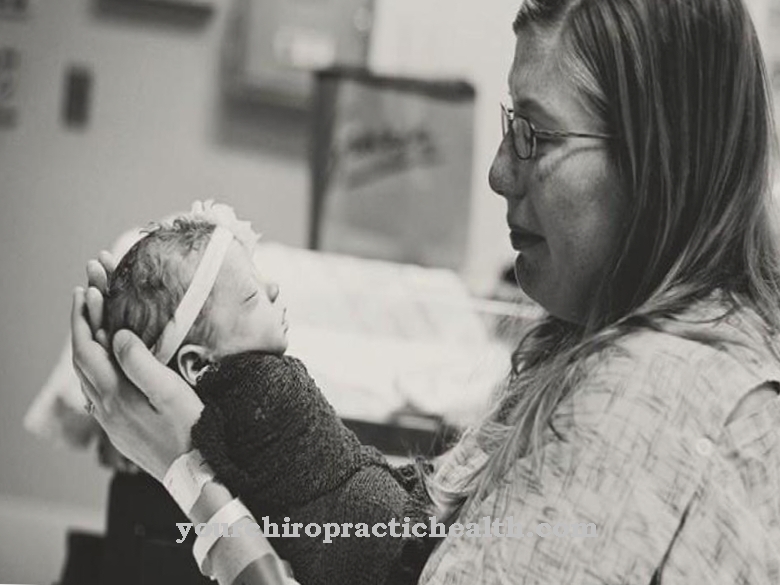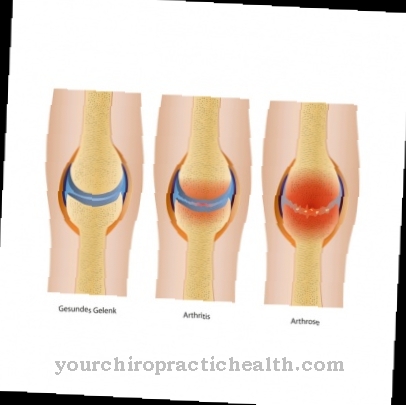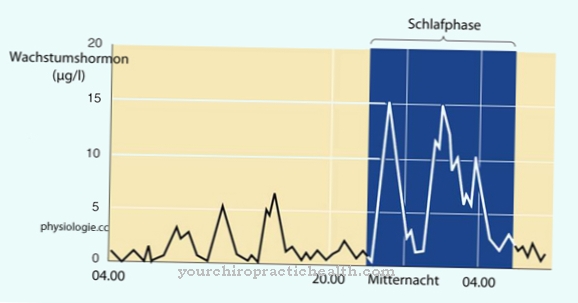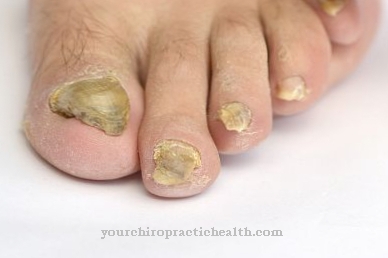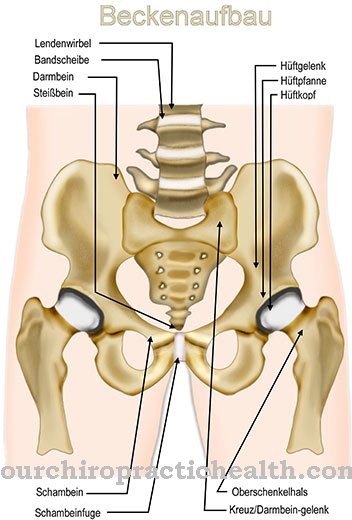Every one of us gets a cold or flu, and we like to talk about it with colleagues or family. On the other hand, there are also diseases that are usually not mentioned. They are among the so-called taboo topics in our society and are rarely addressed in our society.
Why don't we talk about these diseases?
These diseases can affect everyone of us, who may even feel ashamed because they get the feeling that they cannot talk to anyone about them. The following diseases are often taboo and are not mentioned:
- Flatulence
- Bladder weakness
- Athlete's foot
- hemorrhoids
- Herpes
- Bad breath
- Vaginal fungus
- Anal prolapse
- Anal cramp
Most of these diseases have harmless causes, but are all the more uncomfortable for those affected.

Everything that has to do with our digestion is usually not addressed with pleasure. This also includes the anal area. Anyone who suffers from anal prolapse may not even want to explain to their partner what is behind it. Incidentally, this is an incident of the anus. In that case, part of the canal pushes out of the anus and becomes visible.
This can happen, for example, when defecating or if you suffer from a strong cough. This is very uncomfortable for those affected. It is similar with diseases that cannot be hidden from other people, such as flatulence, bladder weakness or herpes. If someone has to go to the toilet every few minutes, colleagues on the job quickly notice this and it can become uncomfortable.
But things like bad breath can also quickly become uncomfortable because diseases like these make it seem that one is not sufficiently concerned with hygiene. Of course, you don't want to have to explain to everyone that you may have an acidic stomach and therefore the symptoms.
What about cramps?
You have probably already talked to other people about leg cramps, but what about an anal cramp? Many might not even suspect that the anus can also cramp. This causes severe pain in the anus, which often makes the sick wake up screaming. Because anal cramps often occur at night and then cause severe pain for those affected.
Anyone who suffers from anal cramps themselves should go to a specialist and have themselves examined, as the causes can be very diverse. If you are having bowel movement problems anyway, it may be related.
But what actually causes cramps? In the event of an anal spasm, the sphincter muscle suddenly contracts, which you can no longer control yourself. The muscle movements are often so strong that you wake up from them and have to wait until they are over. You can find more information about anal sphincter spasm in the Yellow Pages guide. Anyone looking for an appropriate specialist will find it here.
What is the cause of cramps?
Like many of the other taboo diseases, cramps often have a simple cause, depending on where they occur. So where do muscle cramps come from?
Especially with calf cramps, there is often talk of a lack of magnesium, which is then no longer available in the muscles and then cramps occur. If you suspect a magnesium deficiency in yourself, you can buy tablets with magnesium in drugstores. This should fix the problem quickly.
However, cramps can also have other causes, such as poor nutrition, in which the body then lacks certain important nutrients. Genetic predisposition also plays a role in whether you tend to have cramps or have never had problems with them.
Ultimately, cramps result from a lack of oxygen in the muscles, which can have a wide variety of backgrounds. If you regularly suffer from cramps, you should therefore always clarify with a specialist where the cramps can come from. Appropriate medication only helps temporarily, but does not eliminate the cause. The specialist should also be open about what kind of cramps it is.
Anal cramp - a special form of cramps

As already mentioned, anyone who suffers from anal cramps has great pain, as is the case with all types of cramp. However, the pain in the anus area is often particularly severe and causes those affected sleepless nights.
As described, oxygen that does not reach the muscles properly is often a problem. However, researchers continue to investigate the causes of anal cramps.So far it has not been scientifically proven that there are other health explanations for this type of cramp.
Anal cramps are also uncomfortable for those affected because they do not want to turn to the family doctor with such a topic. However, if you can find a good doctor for yourself, the topic should be taken seriously and remedial action can be taken. It is still important to see a doctor because anal cramps are harmless in themselves, but can be a side effect of another serious illness.
However, in order to no longer have problems with cramps in the long term, it is crucial that the root cause is corrected. Often times, factors such as stress and bowel movements are important in determining what the problem is. Because of its nature, bowel movements can lead to problems, which can then cause cramps.
Difference between anal cramp and anal fissure

While an anal spasm only causes cramping of the anal muscles, the anal fissure describes a tear in the skin at the opening of the rectum, colloquially the anus. The affected persons have very severe pain when defecating, which only gradually gets better after going to the toilet.
Often it can also be observed that the fissure is bleeding, which can be seen in blood in the stool or on the toilet paper. An anal fissure is generally a relatively common problem that affects men and women alike. A fissure is often associated with itching and wet anus. Usually the crack heals on its own, but an anal fissure can become chronic and should then be treated.
Anal cramps are often the preliminary stage to an anal fissure. The spasms of the sphincter can cause a fissure that should be avoided. In such cases, the doctor should always be consulted and under no circumstances should any home remedies be experimented with.
Doctors & therapists in your area


